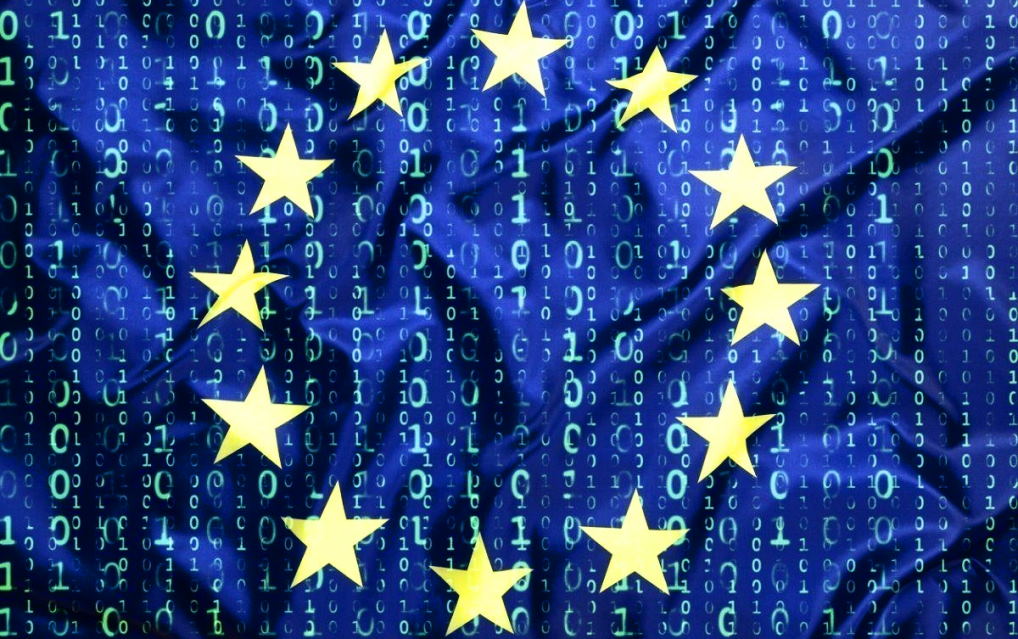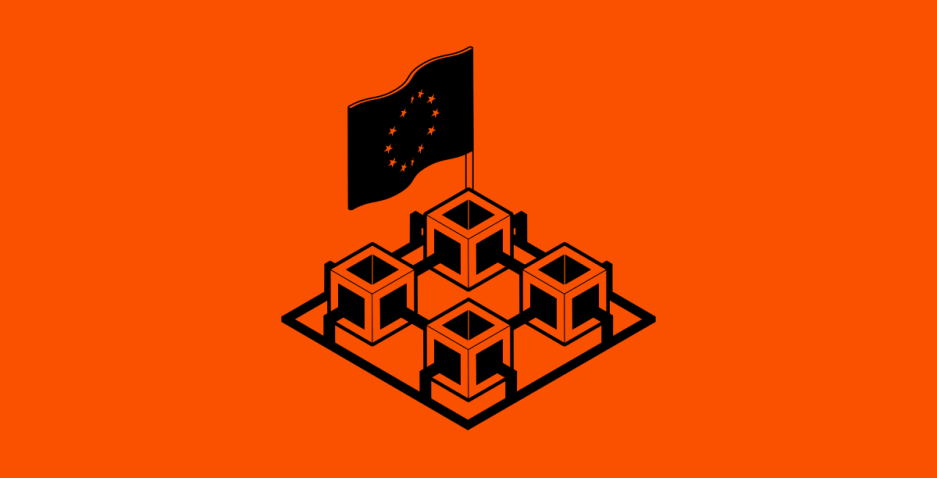European Union leadership has long been a driving force in promoting innovation and international cooperation. In recent years, the EU has begun to focus on blockchain technologies, recognizing these decentralized networks’ potential for revolutionizing the way we do business and interact with one another. With a steady stream of new applications built on blockchain technology being implemented across Europe, it is essential now more than ever to take account of current developments and analyze where this cutting-edge technology may take us next in terms of disrupting industries, increasing efficiency, and managing progress effectively. This blog post will delve into the possibilities that can emerge from European Union leadership in making Blockchain technologies part of our economic infrastructure.
Potential of blockchain: exploring the EU’s visionary leadership
The potential of blockchain technology is immense, and the European Union (EU) has been a leading light in exploring, embracing, and investing in its development. The EU’s vision of a digital economy can only be achieved by leveraging technologies such as blockchain to create a more secure, transparent, and efficient trading environment.
On the policy front, the European Parliament issued a resolution on distributed ledger technologies (DLTs), including blockchain, back in December 2017, which was designed to encourage the adoption of this innovative technology across Europe. This included setting out clear legal parameters for DLT use cases, such as smart contracts and data protection measures, as well as plans for creating an EU-wide legal framework that will provide certainty and clarity for both companies using DLT and consumers.
In addition, the European Commission (EC) has set up a dedicated Blockchain Forum to explore the potential of blockchain technology. This forum was tasked with coming up with tangible recommendations for using DLT and other innovative technologies in financial services, energy, logistics, and healthcare.

The EC is also exploring ways to use blockchain technology to facilitate access to public sector data sets across different countries within the EU. This would allow citizens and businesses to access government-held data without having to navigate complicated bureaucratic procedures or language barriers.
Finally, the EU is investing heavily in research into blockchain technology through its Horizon 2020 program, which has already committed €500 million to projects focusing on distributed ledger technology applications such as smart contracts, secure identity management, and healthcare.
The EU’s embrace of blockchain technology shows its commitment to becoming a leading innovator. The potential of this revolutionary technology is immense and the EU will continue to be at the frontline in exploring, embracing, and investing in its development.
The European Commission also recently launched the EU Blockchain Observatory & Forum (EUBOF), which is intended to act as a platform for discussion and promotion of innovation around DLT use cases across Europe. It also aims to create an understanding of the various regulatory environments that exist around blockchain technologies to ensure their safe and effective deployment. The Observatory will also provide guidance on best practices for blockchain startups looking to operate within Europe and lobby political institutions to drive more open regulation of the technology.
In summary, the EU is at the forefront of European blockchain exploration and investment. By setting out clear legal parameters, investing in research and development, and creating a platform for discussion on DLT use cases, European citizens will undoubtedly benefit from greater access to public sector data sets, improved trading conditions, and better services powered by blockchain technology. Blockchain has a bright future under the EU’s visionary leadership.
EU’s expertise in the blockchain: uncovering the benefits for tech innovators
The European Union has established itself as a leader in blockchain technology. With its unique mix of expertise, it is well-positioned to provide invaluable guidance for tech innovators looking to explore the benefits of this revolutionary technology.
EU experts have thoroughly studied the potential advantages and disadvantages of blockchain technology. This research has allowed them to develop guidelines that can help innovators understand how they can leverage blockchain to benefit their businesses and customers while simultaneously avoiding common pitfalls. In addition, the EU’s focus on data security, privacy protection, and consumer trust are key considerations when developing distributed ledger technology (DLT) applications.

In addition to offering insight into the technical aspects of DLT deployment, the EU has also developed an extensive legal framework. This framework offers clarity on areas such as taxation, intellectual property rights, and data protection. The EU is also setting the standard for best practices regarding blockchain governance to ensure that all stakeholders have a voice in decision-making processes.
Finally, the European Union has created various resources to support tech innovators pursuing blockchain solutions. From research grants to dedicated accelerator programs, countless opportunities are available to those looking to create innovative products and services powered by DLT. Furthermore, many leading universities across Europe offer courses designed to equip students with the knowledge they need to develop practical applications of this cutting-edge technology.
The European Union’s commitment to blockchain technology is clear: it stands ready to help innovators unlock the full potential of this revolutionary technology. By leveraging the EU’s expertise in blockchain and DLT, tech innovators can impact the world.
The European Union is well-suited for guiding tech innovators looking to explore the dynamics of blockchain technology. With its comprehensive research, legal framework, and dedicated resources, tech entrepreneurs across Europe are uniquely positioned to capitalize on opportunities presented by this powerful new technology. Through continued collaboration between policymakers and innovators, the European Union can help ensure that this promising technology continues to be used responsibly and ethically while helping bring about positive change in our society.
![The [204] Design Collective](https://www.the204designcollective.com/wp-content/uploads/PIC-LOGO_2.png)



